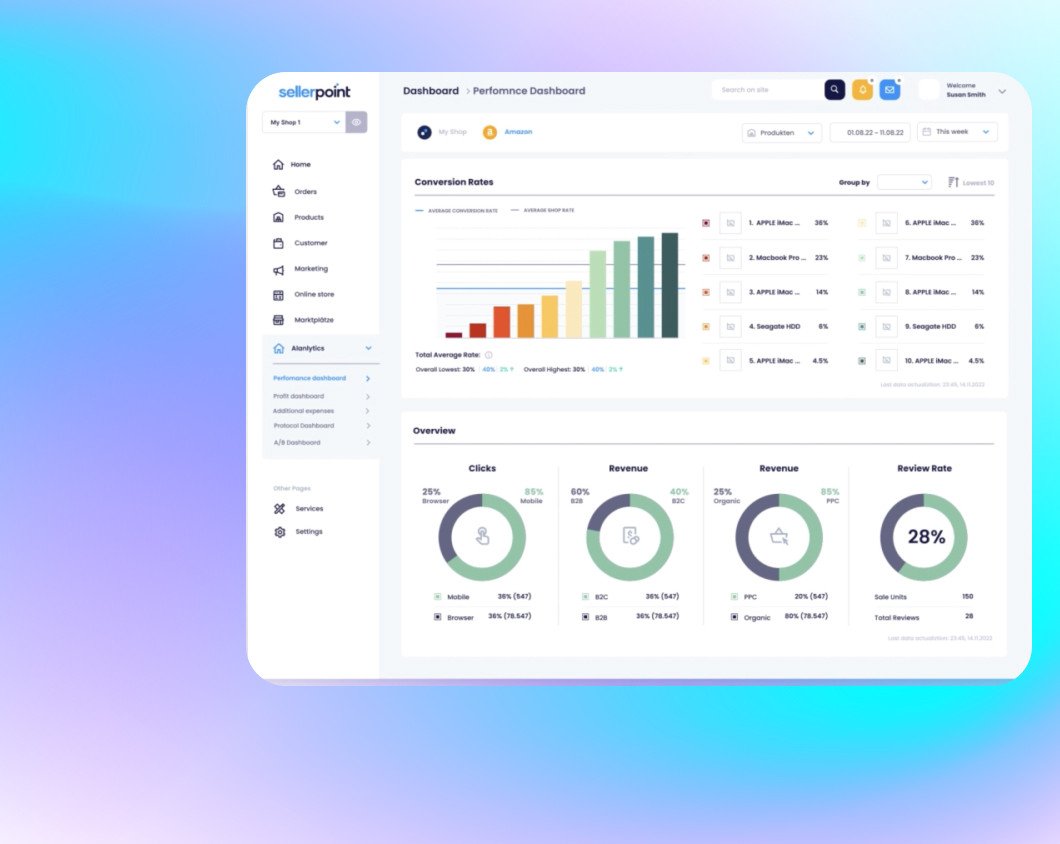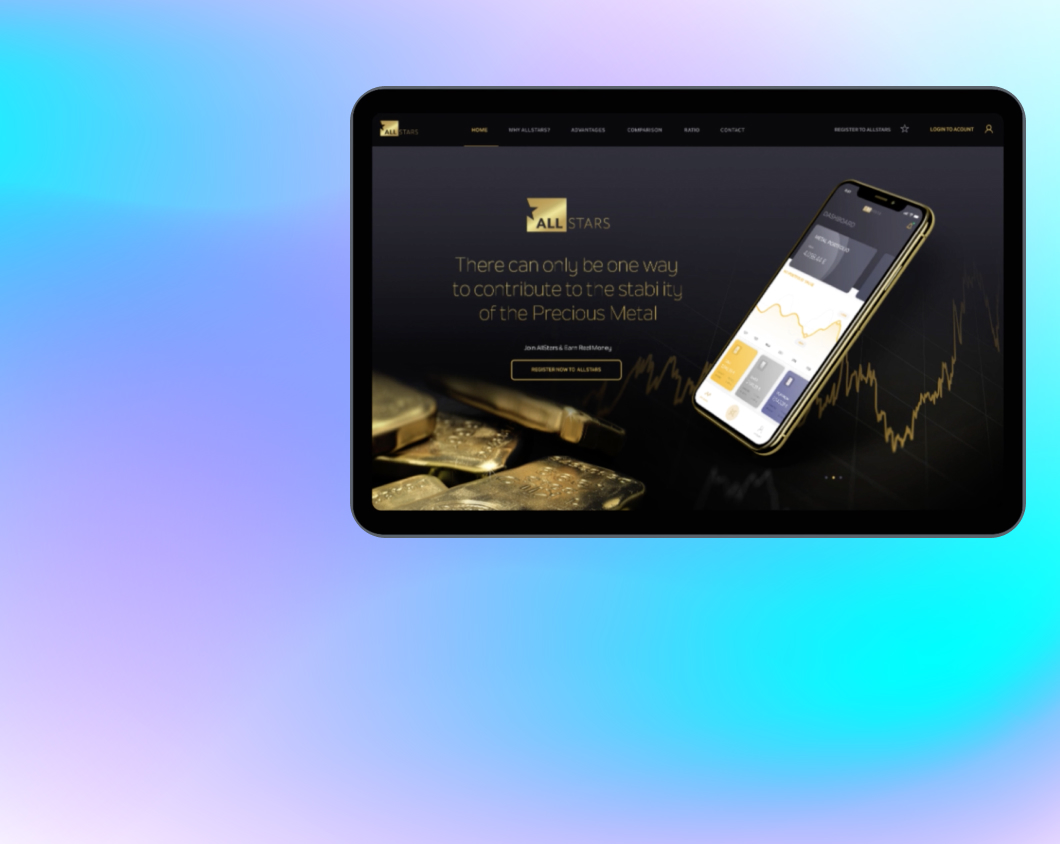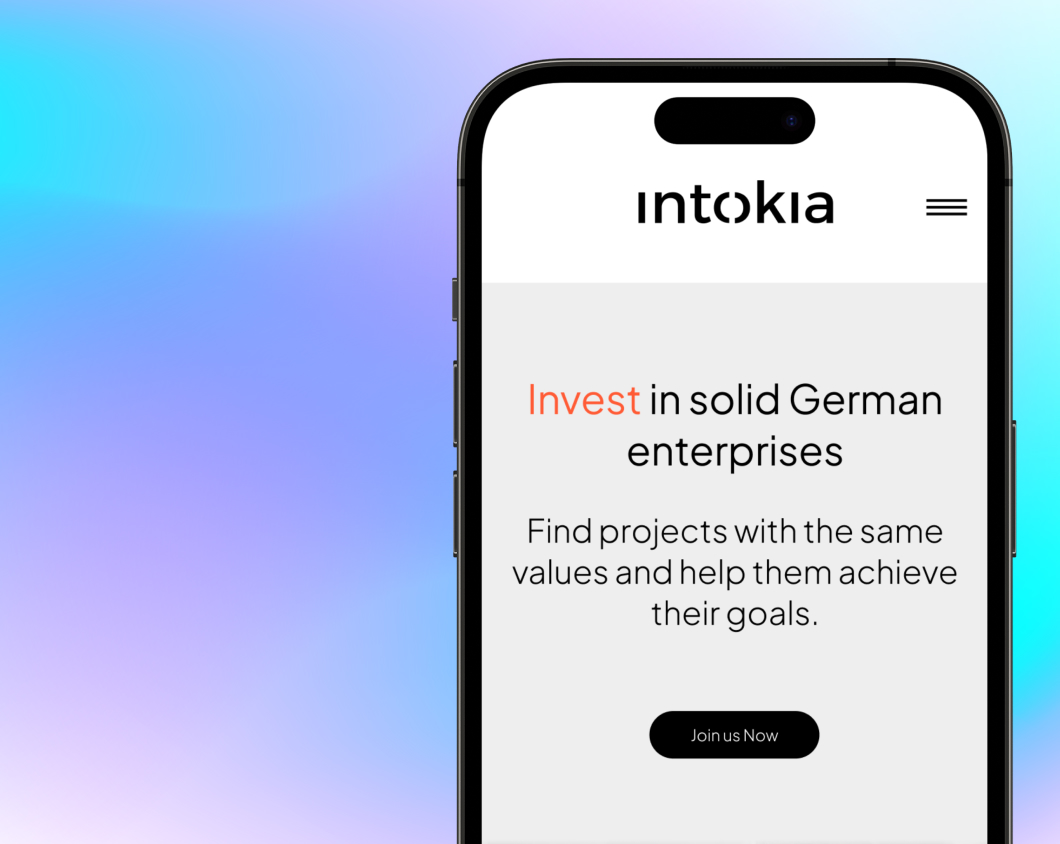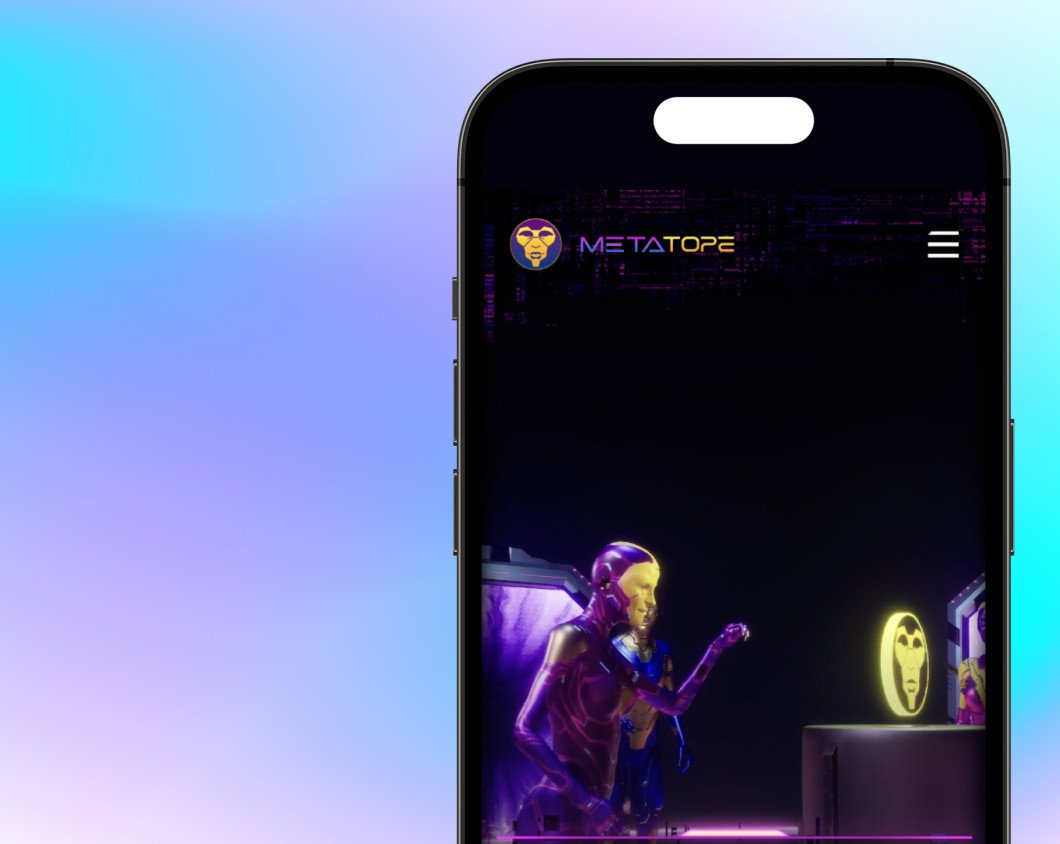EXCELLENCE IN TECHNOLOGY
We provide research and implementation of emerging technologies and strategies that help our clients get a competitive advantage. Tap into our technical expertise to gain benefits for your specific business needs.

Our team of expert developers creates cutting-edge tokenization platform solutions to boost compliance, issuance, distribution, and on-chain custody.

The tokenization platform is a system that facilitates the tokenization process. It may include different tools and features for generating, managing, and storing tokens. Your platform may also integrate tokenization into various systems and applications.


You can access a wide range of expertise by partnering with CPI and using our white-label solutions. That way, you can provide your customers with top-notch tokenization platform development under your brand.
CPI creates tokenization platforms that allow your enterprise to easily reach and effectively engage a large pool of potential buyers and sellers.
CPI can adjust platforms for different goals & maximize your company’s ROI no matter the industry. So our solution will match any task, whether you plan big- or small-scale projects.
By utilizing blockchain capabilities, CPI specialists ensure participants can't easily manipulate the ownership and transaction history. Consequently, it increases investors' trust and confidence in assets.
CPI knows how important data security is. That’s why, when we create a platform for you, our specialists ensure transactions are secure and transparent by implementing advanced encryption algorithms and establishing a solid back end.
Depending on the requirements, CPI Tech specialists will develop the most suitable API, implement advanced mapping & retrieval mechanisms, and optimize tokenization algorithms. Thus, increasing the chances to rival current players on par.
CPI provides various options when it comes to blockchain platforms. That way, we ensure you can choose one that perfectly fits your requirements.
BNB Smart Chain
Our expert team integrates numerous features into your platform to boost its performance, ensure legal compliance, simplify operations, and streamline financial services.
We provide research and implementation of emerging technologies and strategies that help our clients get a competitive advantage. Tap into our technical expertise to gain benefits for your specific business needs.
Modern solutions that produce results should not only help you monitor, manage, and connect, but they should also be cost-effective and high-performance to compete in the market. High-performance solutions add the most value to your company.
Our experienced development team, which includes skilled data engineers and machine learning specialists, will devise the best set of scientific models to power your intelligent algorithms. With integrated AI and ML models, you can give your digital platform solutions a competitive advantage.
Make use of our extensive platform engineering expertise with various cloud computing platforms, vendors, and services. We create genuinely exceptional and sophisticated SaaS applications and platforms that will disrupt your industry.

All-in-one platform for simplifying business management in ecommerce.

A modern app for trading, exchanging, and shipping gold, silver, platinum, and other precious metals.

Our white-label tokenization platform that simplifies investment and fundraising processes for SMEs, startups, and large enterprises.

Software interface network and a smart contract system for a decentralised social network.
Tokenization is the process of converting assets into digital tokens on a blockchain's distributed ledger. It allows companies to sell these assets online as digital tokens without contacting intermediaries or passing complicated legal procedures. This way, they make investing in their assets more accessible and convenient, which encourages more individuals to invest their funds.
Nowadays, there are two well-established approaches to creating tokens: ICOs and STOs.
ICO (Initial Coin Offering) is a widely used approach when it comes to raising funds through cryptocurrencies. In this method, a project or business offers interested investors its own virtual tokens, usually based on blockchain systems like Ethereum. Initially, ICOs were hailed as a revolutionary way for blockchain startups to obtain financing without the involvement of traditional financial institutions. However, as ICOs became more popular, so did fraudulent schemes and superficial projects. Consequently, authorities have ramped up their oversight of ICOs in recent years.
STO (Security Token Offering) is a highly regulated and compliant method of raising funds, unlike the often controversial ICOs. Unlike traditional securities, STOs are more than utility tokens and offer investors ownership of tangible assets with improved liquidity and efficiency. These assets range from company stocks to real estate properties to profit-sharing opportunities. These tokens must also adhere to established securities regulations, providing investors with legal rights and protections.
As we know, tokenization is a multi-stage process that usually converts real-world assets (RWAs) into digital tokens. This process involves several key elements in addition to the tokens themselves. They may not be that familiar, but you must be aware of them:
Smart contract — these are self-executing contracts that have the terms of the agreement directly written into their code. These contracts run on a blockchain and automatically execute and enforce agreements between issuers and buyers when predefined conditions are met. With them, companies and investors don't need intermediaries and can streamline the investment process without the risk of disputes.
Token standard — it's a set of guidelines for creating digital tokens on a blockchain. These standards ensure interoperability between different tokens and platforms. Common standards include ERC-20, ERC-721, and ERC-1155 for Ethereum-based tokens.
Fungible tokens — this means tokens are interchangeable and mutually indistinguishable from each other. Cryptocurrencies like Ethereum and most stablecoins are fungible. If you have one Ethereum and exchange it for another, you still have one Ethereum at the same value. It works similarly to fiat money, like dollars or euros.
Non-fungible tokens — these tokens are unique and distinct from each other. Each has specific characteristics and represents ownership or proof of authenticity for a specific asset. For instance, STOs may issue either fungible or non-fungible tokens. If the STO token represents ownership in a fractionalized or divisible asset (such as real estate or equity), it is likely to be fungible. However, if the STO token represents ownership of a unique and indivisible asset, it may be designed as a non-fungible token (NFT). All you need is just to decide before starting STO platform development.
Now that you are familiar with the basics, here is a step-by-step outline of the process:
Identify the asset you want to tokenize. It can be real estate, art, equity, debt, or any other valuable asset.
Ensure you meet regulatory requirements specific to the asset and jurisdiction. For instance, if you launch STO, check whether you adhere to securities laws, property laws, and any other relevant regulations.
Draft legal documentation detailing the terms and conditions of the tokenized asset that should include ownership rights, potential profit-sharing, or any other features. This may include a Token Offering Memorandum (TOM) or a Private Placement Memorandum (PPM).
Choose a token standard that better aligns with the asset. Common standards include ERC-20 for fungible tokens and ERC-721 for non-fungible tokens.
Integrate the terms into smart contracts and deploy them on a chosen blockchain platform. As a result, it will issue tokens.
Organize a tokensale or distribute the tokens to investors. This can be done through a Security Token Offering (STO), Initial Coin Offering (ICO), private placements, or other regulatory-compliant means.
Tokenization platforms are digital frameworks or software solutions that facilitate the creation, issuance, and management of digital tokens on a blockchain. Compared to coding tokens yourself, created by a tokenization platform development company, this platform already has all the tools to tokenize real-world assets and manage or even sell their tokens. This way, companies can increase asset liquidity in a more secure, transparent, and efficient manner.
The applicability of tokenization spans various sectors, and companies can benefit from increased efficiency, decentralization, transparency, and accessibility to raise funds. So, regardless of your area, tokenization can offer immense opportunities.
Tokenization is considered by many as the future of fundraising, thanks to its 5 key characteristics:
Liquidity: By utilizing tokenization, it becomes possible to offer shares of assets such as real estate, art, or securities in smaller, tradeable quantities. This improves the liquidity of these assets and broadens the potential for investment among a diverse group of investors who may not have previously had access to these markets.
Security: Tokenization combines cryptographic hash functions with strict KYC (Know your customer) control and peer-to-peer transactions to ensure the integrity of the system. As a result, any tampering with the system or fraudulent activity will be highly detectable and less likely to occur.
Transparency: Using blockchain technology for tokenization creates a clear and unalterable record of ownership and transactions. This transparency fosters trust among participants, reduces the risk of fraudulent activity, and bolsters the overall integrity of the system.
Democratization: Tokenization makes it possible for everyone to have equal access to investment options, eliminating traditional obstacles. This creates opportunities for individual investors to join in on asset classes that were once only available to large organizations, promoting a more inclusive financial world. In addition, enterprises have two accessible options on how to approach tokenization: either through the fast and reliable development of white label tokenization platform or custom tokenization platform development tailored to your needs.
Interoperability: By adopting shared guidelines such as ERC-20 and ERC-721, tokenization encourages seamless interaction between various blockchain systems. This increased interoperability simplifies the transfer of tokens across different ecosystems, ultimately leading to a more interconnected and adaptable financial environment.

Schedule a free consultation today and find out exactly how we can turn your vision into a powerful project that will storm into the market.